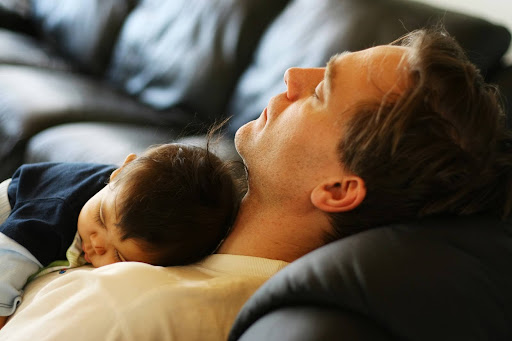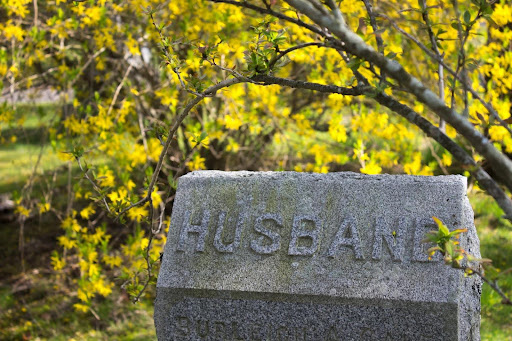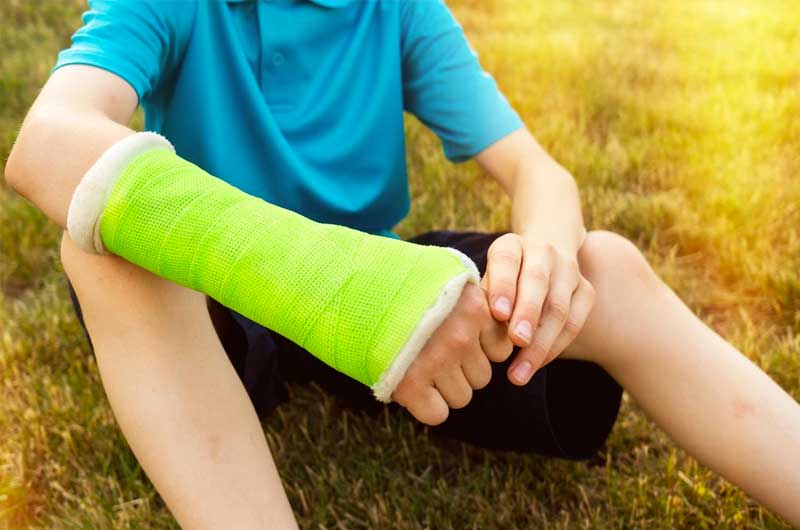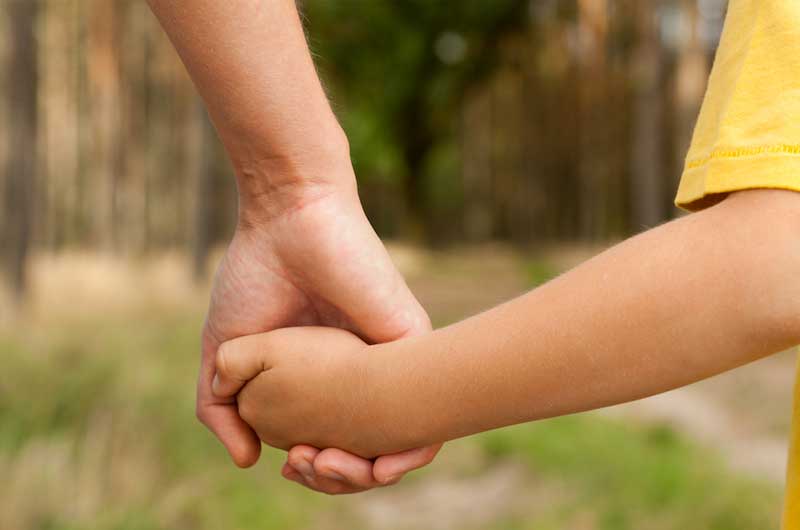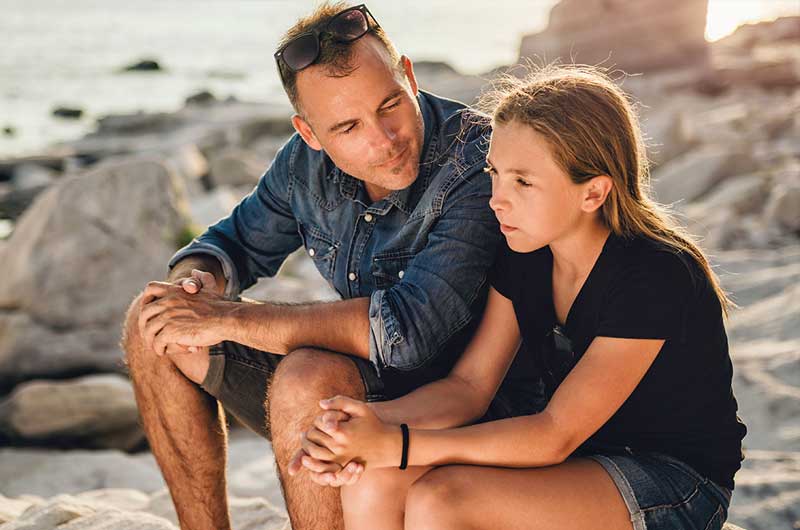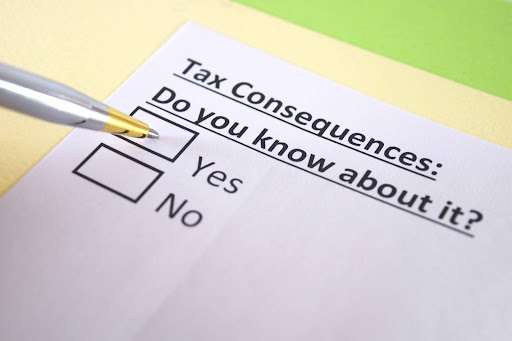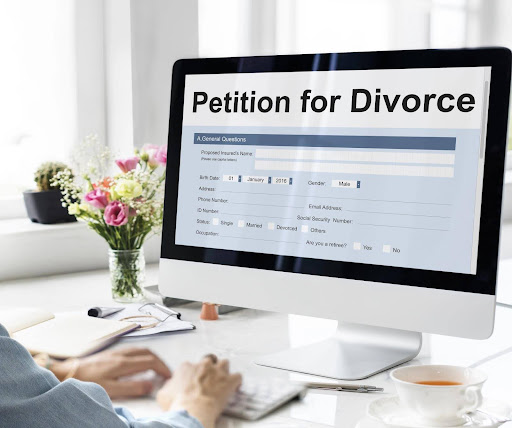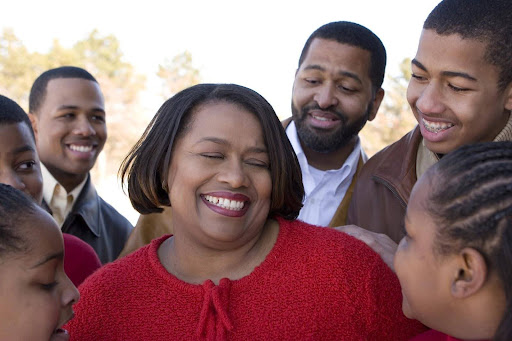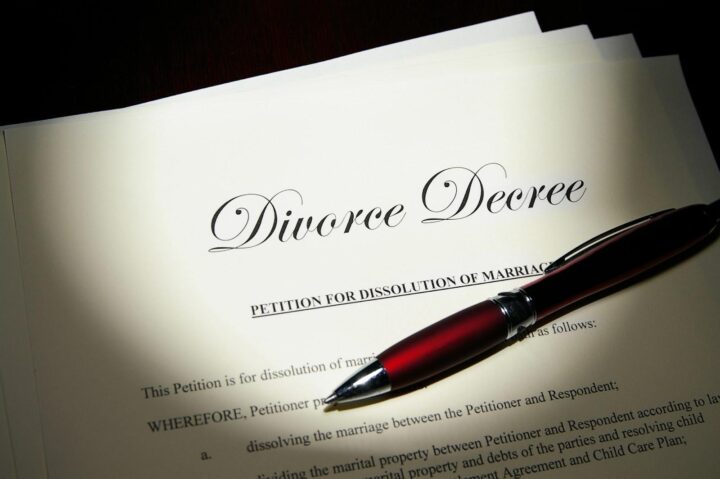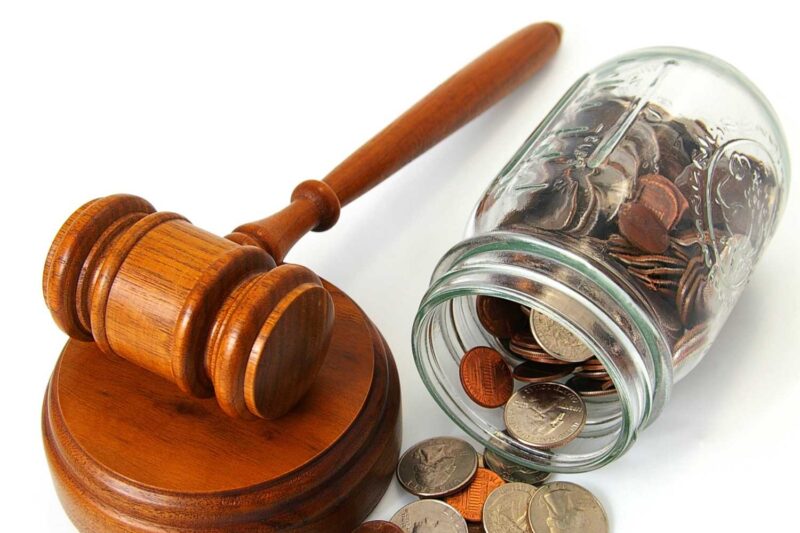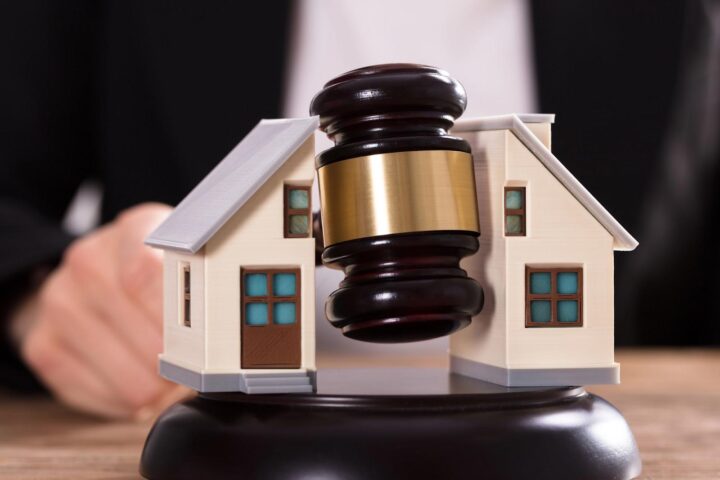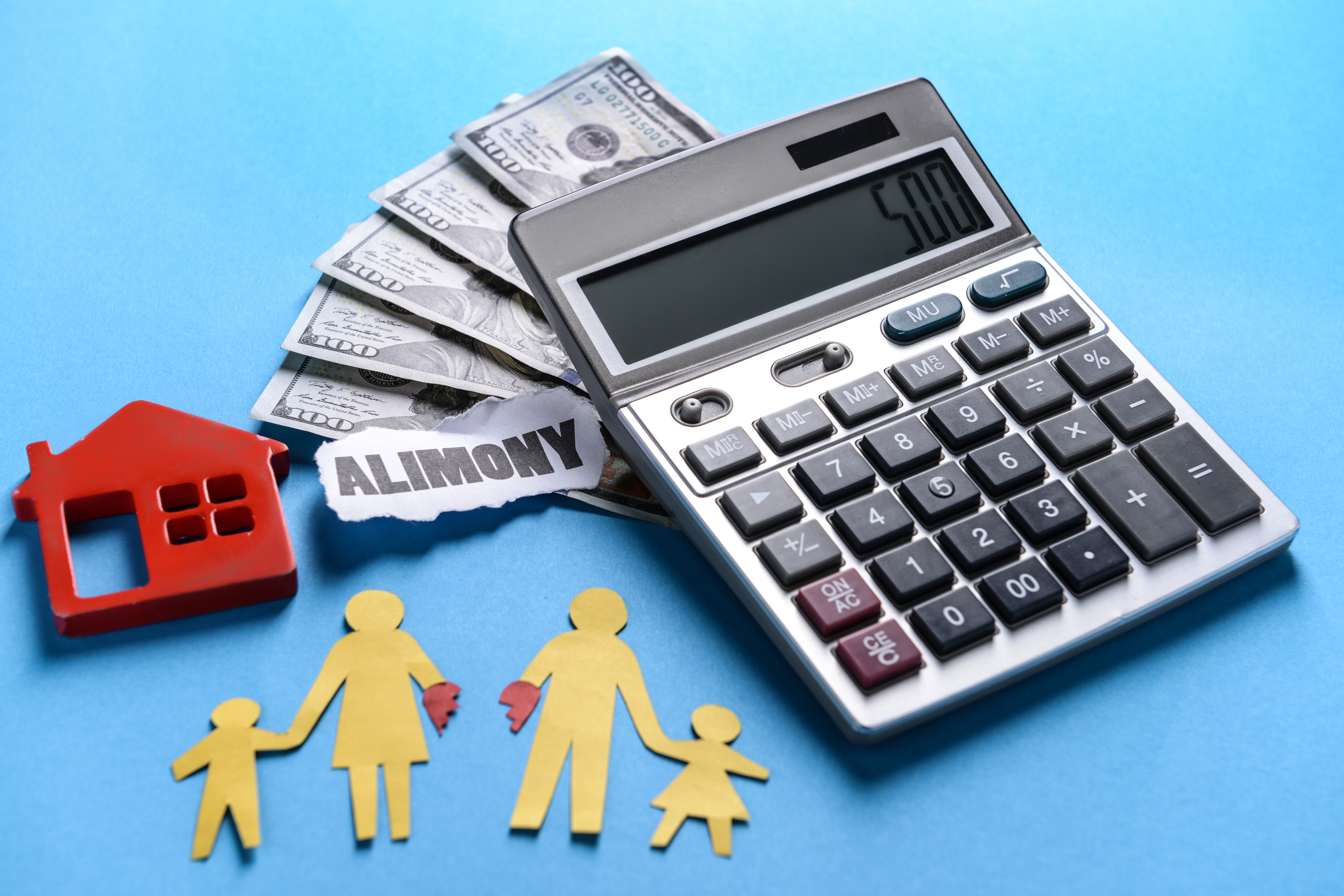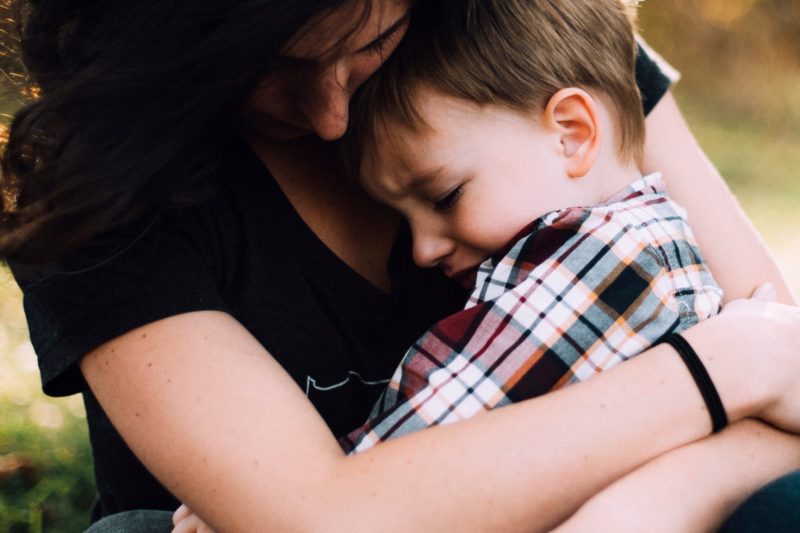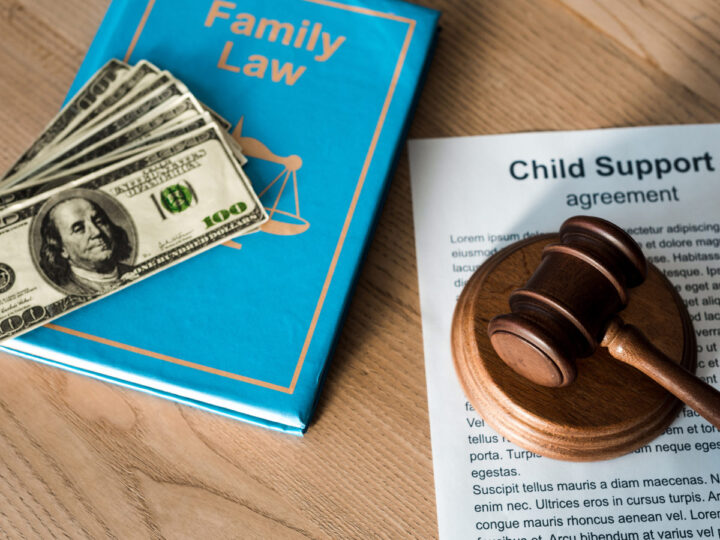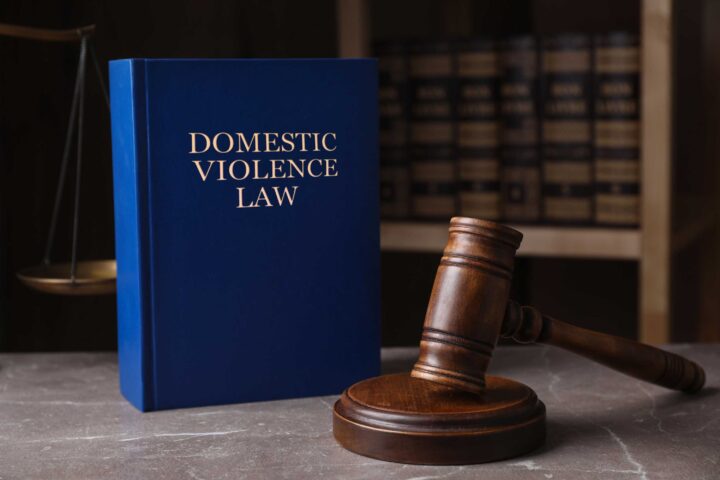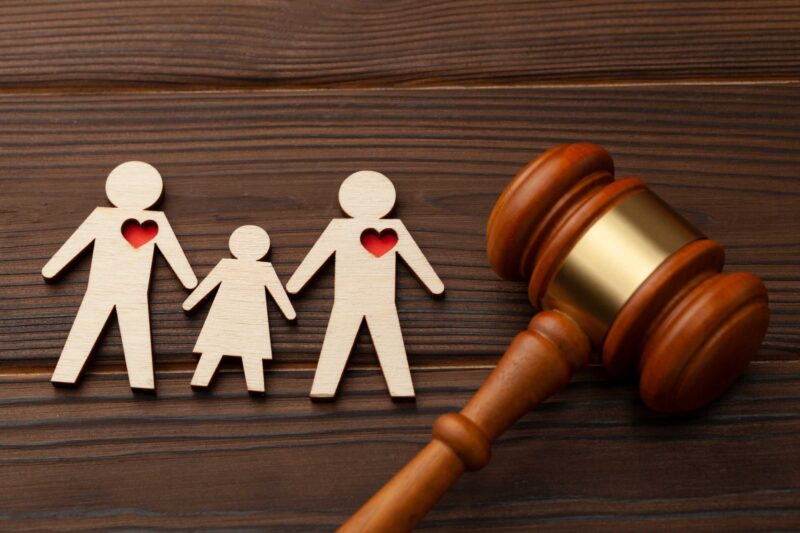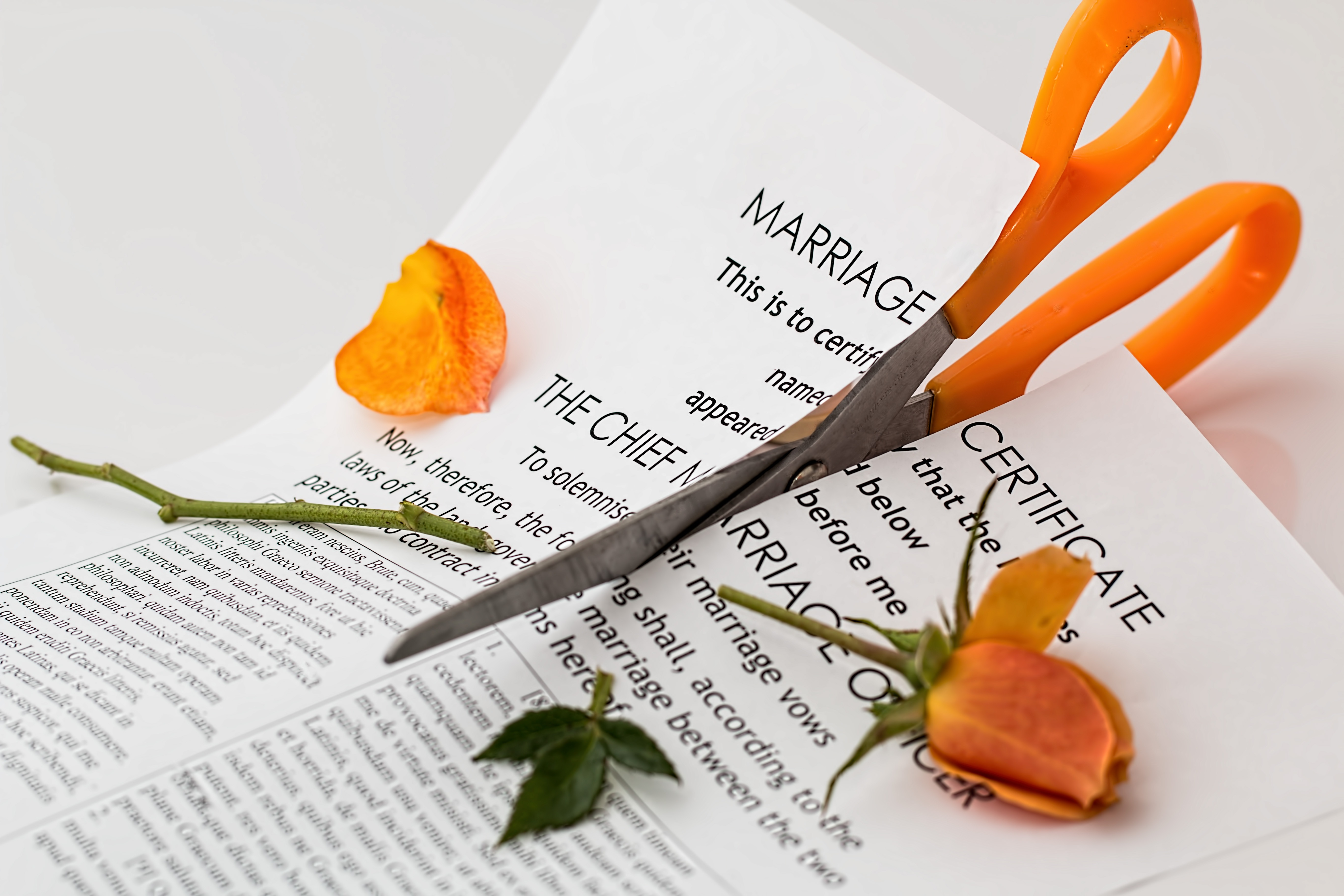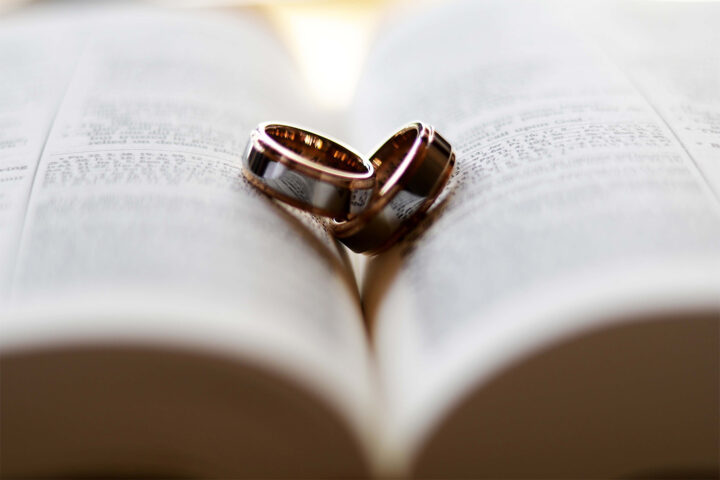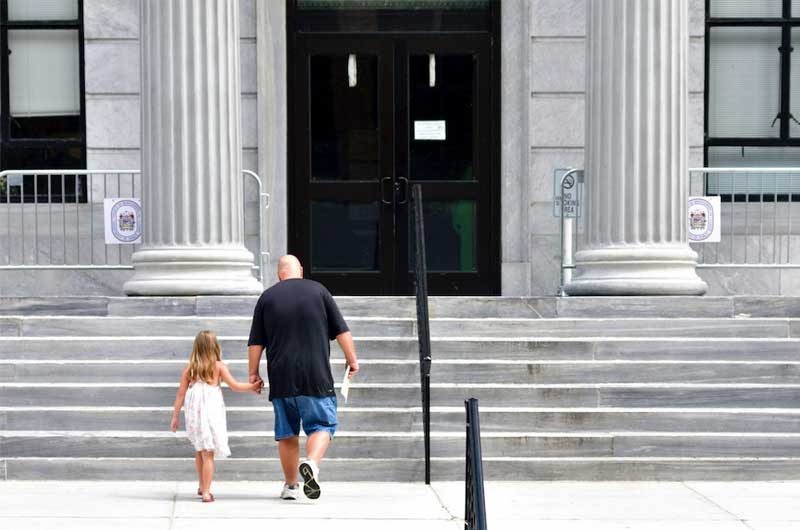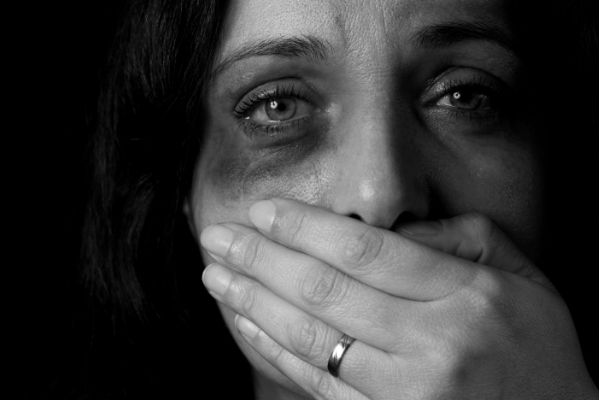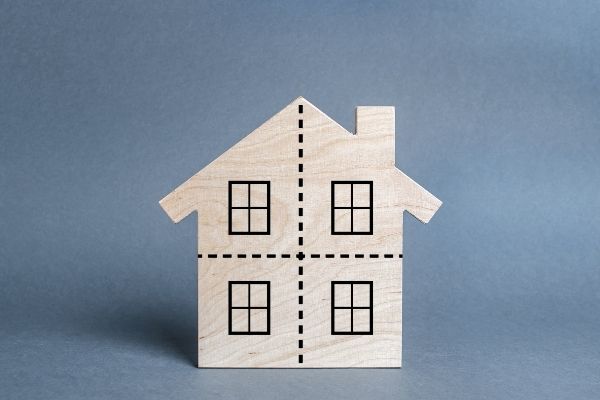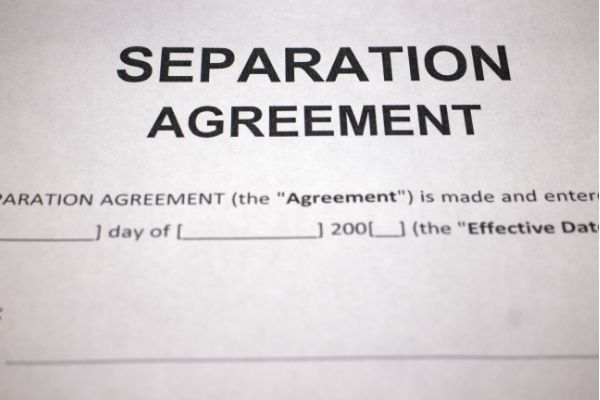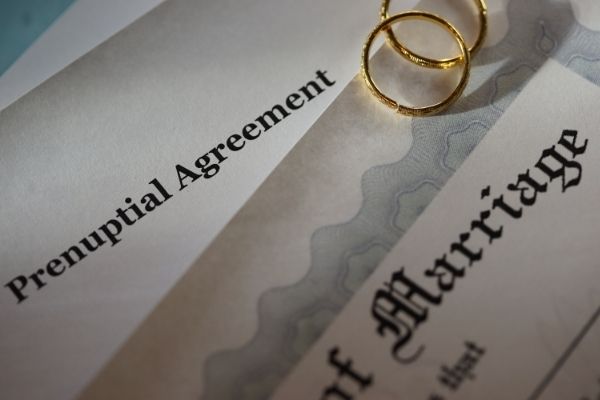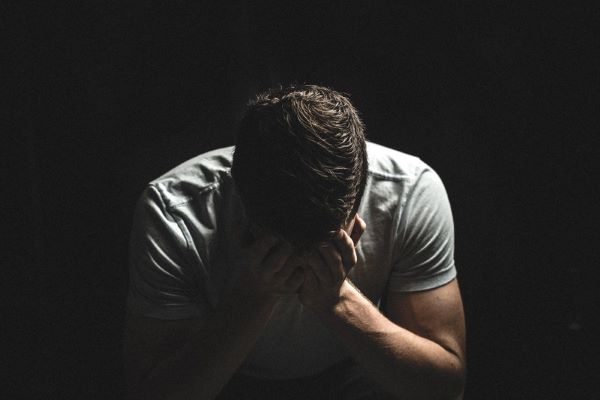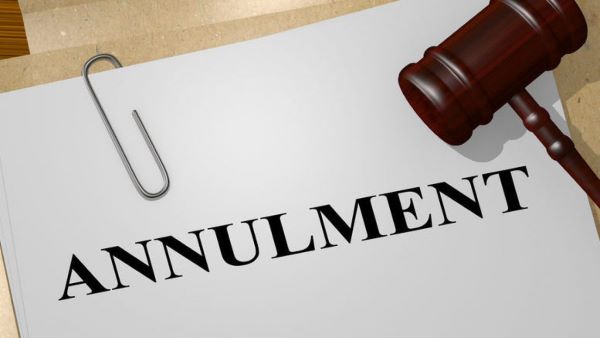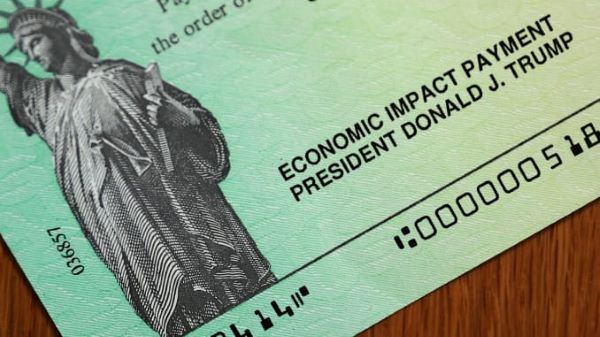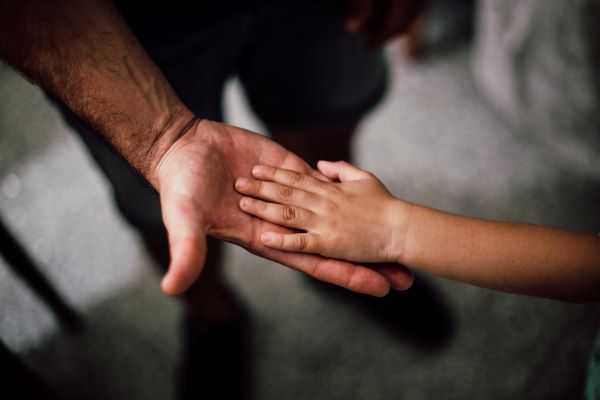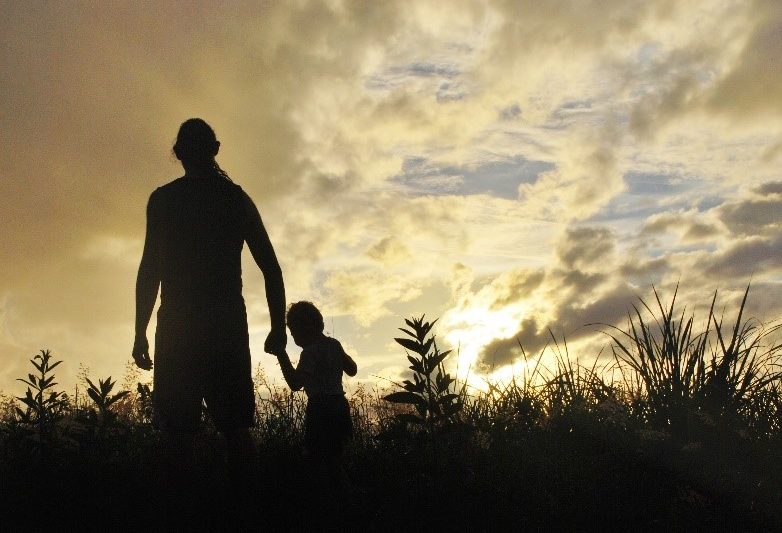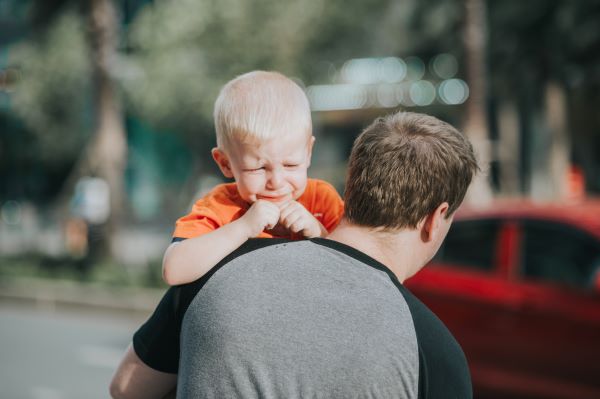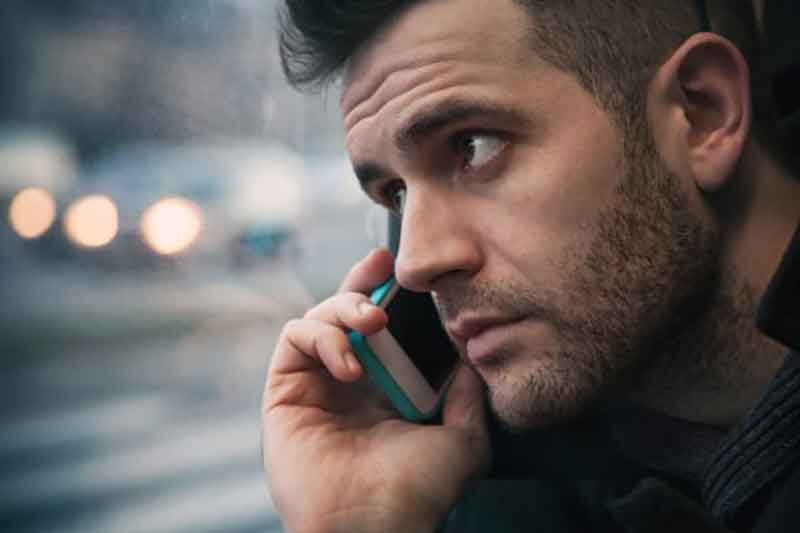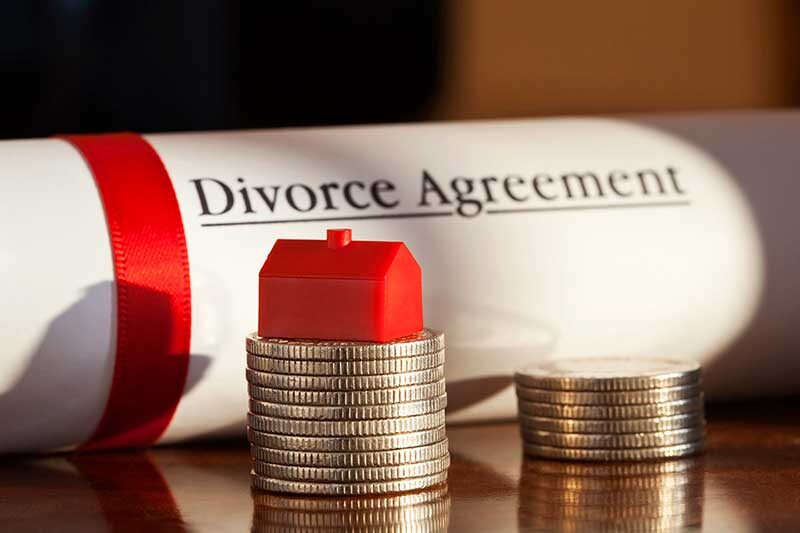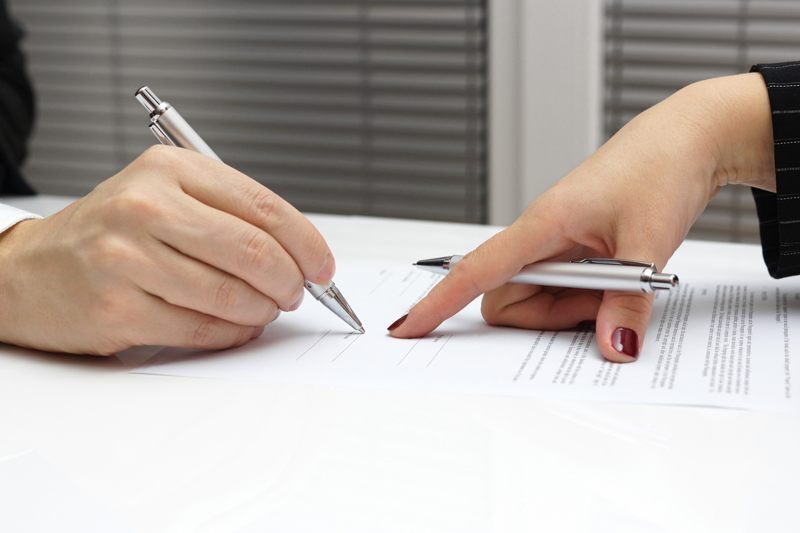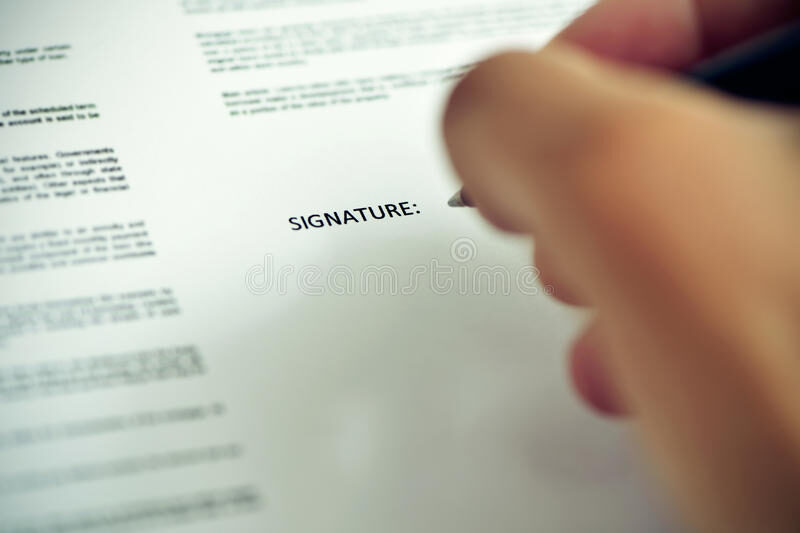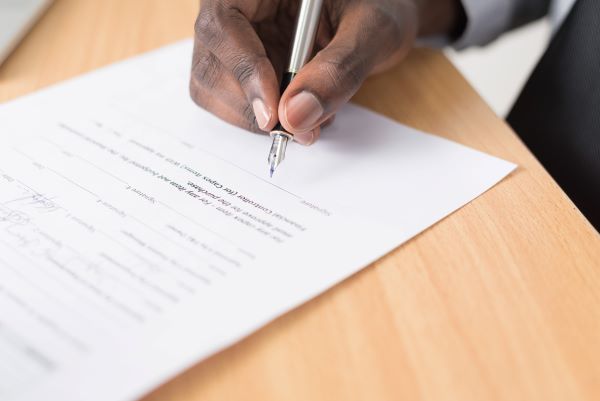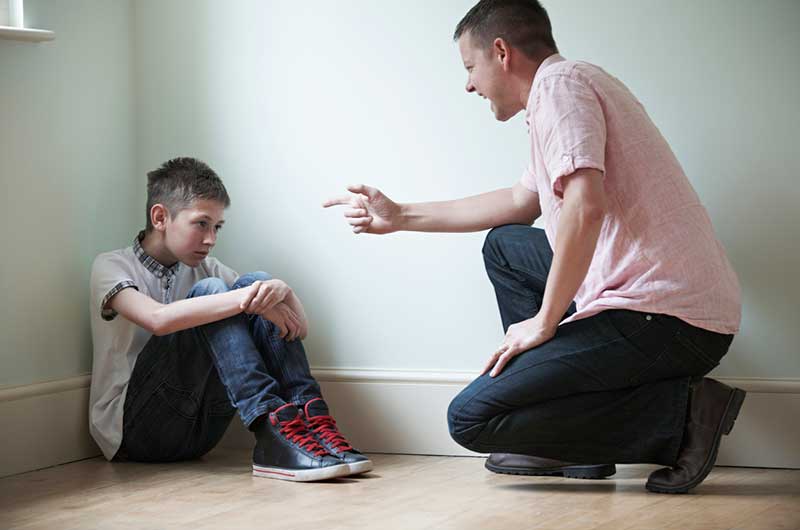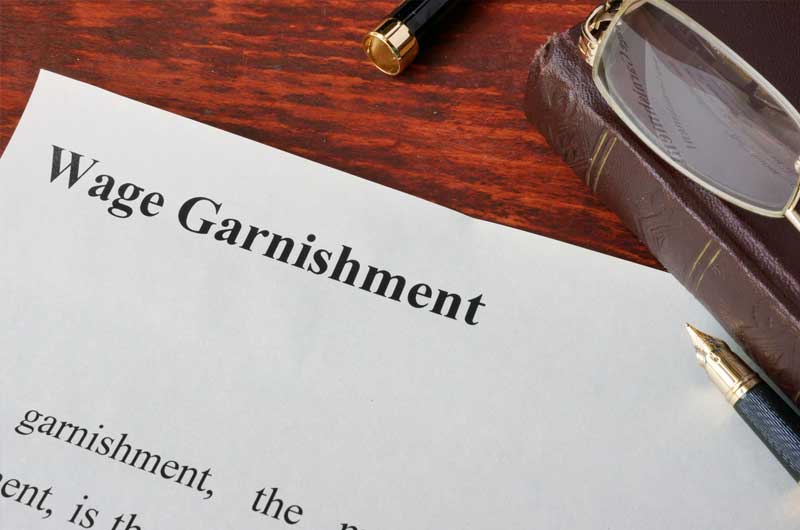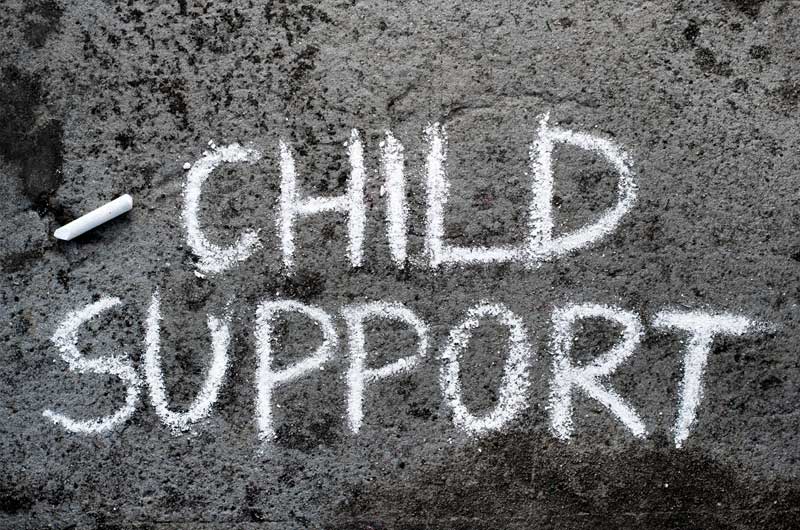There are some major reasons to request a child custody modification. Click here to learn more about them.
Law Blog
Avoiding Stress In Custody Agreements
With some simple strategies, you may be able to avoid a lot of stress in custody agreements. Click here to learn more.
Child Custody Considerations For Vacation And Travel Plans
Travel and vacation can cause all kinds of issues with child custody in Tennessee, South Carolina, and North Carolina. Click here to learn more about this issue.
Types Of Parental Rights And Custody
Families may be unaware of the different types of parental rights and custody in North Carolina, South Carolina, and Tennessee. Click here to learn more.
What Is The Most Common Visitation Schedule In Tennessee?
Click here to learn how parenting time is divided in Tennessee.
Role Of The Mediator In Facilitating Resolution In Divorce Cases
If you’re considering mediation, you might be wondering about the role of the mediator in divorce cases. Click here for more insights.
Timeframe And Deadlines In North Carolina Divorce Appeals: What You Need To Know
Navigating North Carolina divorce appeals can be challenging. Click here for a quick overview of timeframe and deadlines.
Expert Witnesses In High-Conflict Divorce Cases: An In-Depth Analysis
Expert witnesses can be beneficial in a high-conflict divorce. Click here to learn more.
The Impact Of Divorce On High Net Worth Individuals In Tennessee: Mental Health Perspective
The impact of divorce on high net worth individuals can sometimes be surprising. Click here to learn more.
Mediation In High Conflict Divorces In North Carolina: Strategies For Success
High conflict divorces can present a number of challenges. Click here to learn how mediation may help.
Establishing A Child’s Legal Parentage In South Carolina
There are a few ways to establish a child’s legal parentage in South Carolina. Click here to learn more.
What To Do If Your Spouse Dies During Divorce
What do you do if your spouse dies during divorce? Click here to learn more.
The Ultimate Guide To Choosing The Right Family Lawyer Firm In North Carolina
Learn how to select an appropriate family lawyer in North Carolina, and see how King Law Offices can help individuals with their family-related legal queries.
What Steps to Take to Get Full Custody?
Statutory Termination of Alimony
Which Parent is Responsible for a Child’s Medical Expenses After a Divorce?
What is Parental Kidnapping?
What’s the Difference Between Custody and Visitation?
Emergency Custody Order in North Carolina
What To Do If Someone Isn’t Following a Custody Order
Real Estate Considerations In High Net Worth Divorces
Explore the typical real estate considerations in high net worth divorces, and learn how King Law Offices can help with divorces involving substantial assets.
Balancing Transparency And Diplomacy In The Divorce Mediation Process
Divorce mediation requires diplomacy and transparency – but always from a position of strength. Click here to learn more about divorce mediation strategies.
Military Divorce: Deployed Service Member Custody Rights In North Carolina
A military divorce can be particularly challenging when spouses are deployed. Click here to learn more about the custody rights of service members.
Facing Divorce Papers In North Carolina
Click for details on filing and responding to divorce papers.
Cultivating Effective Communication Skills For Divorce Mediation
Click here for some essential skills to aid in divorce mediation.
Domestic Violence Myths
Domestic violence myths can cause serious misconceptions, potentially making it more difficult for victims to seek help. Click here to learn more.
Stay or Go? The Truth About Separation and Divorce in NC
High Net Worth Divorce: Navigating The Complexity Of Splitting Large Assets
Click here to see how equitable distribution affects large assets in divorce.
Beyond the Breakup: Understanding Child Custody in North Carolina
Common Law Marriage – All You Need To Know
Learn more about common law marriage, including its legal implications, requirements, and how it may impact you.
Understanding Child Tax Benefits After Divorce
Child tax benefits can be crucial for parents after divorce. But how exactly do these tax benefits work? Click here to learn more.
Why Every Family Needs A Skilled Lawyer In Their Corner
Do you need a lawyer to get a divorce? Click here to find out.
Do You Need A Lawyer To Get A Divorce?
Do you need a lawyer to get a divorce? Click here to find out.
The Role Of Legal Representation In Divorce Appeals
There are a number of reasons why individuals seek professional legal representation for their divorce appeals. Click here to learn more.
Forensic Accountants: Uncovering Hidden Assets In Divorce Proceedings
Forensic accountants can help uncover hidden assets during divorce proceedings. Click here to learn more.
Understanding The Benefits Of Divorce Mediation
Divorce mediation has many benefits, including being less expensive and potentially avoiding court. Click here to learn more.
Tax Implications In High Net Worth Divorces: An Overview
High net worth divorces can have significant tax implications. Click here to learn more.
How Long Does An Uncontested Divorce Take In North Carolina? Get The Answer From A Trusted Family Lawyer
Click to see an example timeline for an uncontested divorce. Learn the answer to the question, “How long does an uncontested divorce take?” from a trusted family lawyer.
7 Essential Steps To Take Before Filing For Divorce
Learn the seven essential steps to take before filing for divorce, and find out how King Law Offices can assist individuals with their divorce-related concerns.
Understanding Asset Distribution In High Net Worth Divorces
Asset distribution in a high net worth divorce can pose a number of challenges. Click here to learn more.
The Role Of Child Psychologists In Custody Battles
Child psychologists can play a limited, but critical, role in custody battles. Click here to learn more.
How To Approach The Prenup Conversation With Your Partner
Find out how to effectively approach the prenup conversation with your partner, and discover how King Law Offices can help individuals with these agreements.
The Top 10 Questions To Ask Your Divorce Lawyer Firm
Click here for questions to ask your divorce lawyer during a consultation.
A Comprehensive Guide To Divorce Appeal Procedures
Understanding divorce appeal procedures in your area may help you to choose a path forward. Click here to learn more.
Strategies For A Discreet Divorce Settlement
For divorcing couples who would like additional privacy, consider these strategies to get a discreet divorce settlement. Click here to learn more.
Rights of Custodial Parent Vs. Non-Custodial Parent in South Carolina
Parents should understand their rights after a breakup or divorce. Click here to learn the differences between a custodial parent and a non-custodial parent.
Keeping The Family Together: How An Experienced Family Lawyer Can Resolve Disputes And Safeguard Your Family
Learn how an experienced South Carolina family lawyer from King Law Offices can help keep families together via dispute resolution and safeguarding measures.
Pros And Cons Of Divorce Mediation
Click for more information about the nuances of divorce mediation.
How Do Courts Determine Grandparent Visitation Rights?
South Carolina courts only order grandparent visitation rights over the will of a parent in exceptional circumstances. Click here to learn more.
The Benefits Of Prenuptial Agreements In Modern Relationships
Modern relationships can benefit from prenuptial agreements. Click here to learn more.
Collaborative Divorce Vs. Divorce Appeals
Collaborative divorce offers many benefits, but can make divorce appeals more challenging in some cases. Click here to learn more.
The Impact Of Real Estate Appraisers In Property Division During Divorce
Learn the impact of real estate appraisers in property division during divorce, and discover how King Law Offices can help people with their divorce queries.
How To Prepare For Divorce Mediation: A Comprehensive Guide
Click here to learn how to prepare for divorce mediation.
Litigation Vs. Mediation: Approaches To Resolving High Net Worth Divorces
Click to learn the difference between litigation vs. mediation and how it can impact high net worth divorces.
Divorcing Your Digital Life After A Divorce
Learn how to separate your digital life after a divorce.
Commonly Asked Questions About Divorce
When a person is considering or currently experiencing divorce, they might have several questions regarding this procedure, particularly as it can be overwhelming and potentially lead to lasting financial and social consequences.
The Influence of Marriage Counselors on Divorce Mediation Outcomes
According to the National Institutes of Health (NIH), spouses who work with marriage counselors are approximately 75% more
Strategies For Effective Negotiation During Divorce Mediation
According to a study published by the Department of Justice (DOJ), spouses who attempt mediation are generally more satisfied with outcomes than those who do not.
Custody Battles In High Net Worth Divorces: Balancing Wealth And Parental Rights
In an ideal world, all parents would have the financial resources to take care of their children, and neither parent’s net worth would be a major consideration in the child custody determinations a court must make when parents divorce.
Child Support And Credit: Protecting Your Financial Health
When parents divorce, or when parents who were never married part ways, the parent who has the child under their roof less frequently may be ordered to make regular child support payments to their coparent to help cover the costs the custodial parent incurs as a result of their residential responsibility for the child.
Postnuptial Agreements for Blended Families: Addressing Unique Challenges And Opportunities
In the 1960s, Sherwood Schwartz created Mike and Carol Brady and their six children in The Brady Bunch, who gave many families lots of laughs as they blended their families.
How Marital Debt and Property are Divided During Divorce
Throughout the United States, any divorce will require a final division of the couple’s shared assets and debts. Depending on the circumstances, the couple may arrive at an agreement regarding the division of marital property and submit that document to the court overseeing their divorce as part of their legal paperwork in the case
Timeline for Finalizing a Divorce in South Carolina
There are many reasons people decide that ending their marriage is the right thing for them to do. Once this decision is made, most couples are eager to file for divorce
Post-Divorce Financial Planning For High Net Worth Individuals: Securing Your Future
Divorce can affect every area of a person’s life, from family relationships to living situations to rhythms and routines
Mediating Divorce with the Help of Legal Experts: A Comparative Study
Learn more about mediating divorce with the help of legal experts in South Carolina.
Mediating Divorce With The Help Of Legal Experts: A Comparative Study
In South Carolina, individuals going through a divorce will likely need to participate in mediation before their final hearing. This approach encourages collaboration and aims for a more amicable resolution.
Legality of Recording Conversations with Spouse During Divorce
Sometimes spouses pursuing a divorce in South Carolina may become so frustrated with their ex-partner’s conduct
Prenuptial Agreements in Tennessee
Talking about a prenuptial agreement can be a touchy subject for many couples looking to get married. Nevertheless, such discussions are necessary and important.
Obtaining Protection Orders During Divorce
Divorce can often be emotionally and financially stressful. Many people find the dissolution of not just their legal connection to a specific person,
Getting Married in Tennessee
There are three universal, overarching requirements for a marriage to be valid. They are: (1) the legal capacity to marry; (2) existence of a present agreement to be married; and (3) satisfaction of the formal requirements. However, there is some variation between states on who has the legal capacity to get married as well as what exactly the formal requirements of a valid marriage are.
Do You Have Grounds for Getting a Divorce in Tennessee, and If So, What Are the Next Steps?
Divorce can be a very emotionally involved and challenging process. King Law is here to help guide you through these trying times and advocate for you in the divorce process and other family matters.
In Tennessee, can Alimony be Modified due to the Supporting Spouse’s Salary Increase?
After a divorce, people go through several changing circumstances, that can add to an already stressful time. However, one thing Tennessee does not want financially dependent spouses to worry about is how they are going to make ends meet
Managing High Conflict Divorces
High-conflict divorces can have a substantial impact on the stress levels of the divorcing spouses and everyone around them.
How to Co-Parent Successfully Through the Holidays
The holiday season is a time for joy, family, and celebration. However, for parents who are divorced or separated, it can also bring stress and challenges.
Holiday Gifts and Custody: Who Gets What?
The holidays are a special time of year for families to come together, share love, and exchange gifts. But if you’re going through a divorce or have a custody agreement in place
Setting Boundaries with Family During the Holidays After Divorce
The holiday season is a time for joy, but for individuals who have gone through a divorce, it can also be a time of emotional challenges. One of the hardest parts
Navigating Family Law Issues During Festive Gatherings
The holidays are a time for joy, family, and celebration, but they can also bring added stress for those navigating family law issues, such as divorce,
How to Navigate Divorce During the Holidays
The holidays are meant to be a time for joy, family, and celebration. However, if you’re going through a divorce, it can be difficult to feel festive.
Consequences for Hiding Assets in Divorce
Concealing assets from another spouse during a divorce is illegal and can potentially result in serious financial and legal consequences.
How can a grandparent get visitation with their grandchildren in Tennessee?
As a grandparent, your relationship with your grandchild can be complicated by your relationship with your children.
Securing Custody In Divorce Proceedings
There are many complicated and difficult aspects to divorce. For parents, the most complicated and difficult part may be the knowledge that your children may no longer be under your care every day
The Role of Domestic Violence Laws in Tennessee Divorce Cases
Domestic violence can significantly impact divorce proceedings in Tennessee, affecting issues such as child custody, spousal support, and property division.
How to Navigate Divorce During the Holidays
The holidays are meant to be a time for joy, family, and celebration. However, if you’re going through a divorce, it can be difficult to feel festive. The emotional strain of ending a marriage combined with the pressures of the holiday season can make everything feel overwhelming.
Child Custody Modification in Tennessee
In Tennessee, when making a child custody determination, the most important concern is the best interest of the child. This concern is what guides the court to its decision when a custody matter is before it.
Recognizing Gaslighting in Divorce and How to Address it
Divorce can be complex and difficult under the best of circumstances. When one spouse is abusive toward the other, things only become more complicated
What to Do If Your Ex Refuses to Follow the Holiday Custody Schedule
Holiday Custody and Gifts: Who Gets What?
How to Co-Parent Successfully During the Holidays
Reinventing Yourself After Divorce
Divorce is an enormous change in your life. The change is so much more than just your marital status.
Are Parents Obligated to Account for What Child Support is Used for?
Child support exists to make sure both parents provide adequate financial support to their children, irrespective of how they perceive one another.
Communicating Honestly About Divorce with Children
Although fewer Americans are having children today, the National Institutes of Health notes that the majority of divorces still involve children
Unique Divorce Challenges For C-Suite Executives And Shareholders
According to the Association of Executive Search and Leadership Consultants (AESC), C-suite executives face an “above average” divorce rate.
Preparing a Will in Tennessee
Under Tennessee law, any person of sound mind, who is at least eighteen years of age, may make a will. A will must be interpreted to apply to the real and personal property it includes
Surviving Spouse’s Elective Share in Tennessee
Under Tennessee law, a surviving spouse has a right to elect to receive a portion of their deceased spouse’s estate instead of what is left in the will.
Why You Should Hire A Family Law Attorney For Your Divorce
Some divorces can be simple, mutual, and uncontested. In these cases, the legal process is generally painless, requiring a simple series of forms and agreements
Understanding the Difference Between Marital and Separate Property in Tennessee
Individuals approaching divorce in South Carolina can typically expect to go through the divorce mediation process, as the South Carolina Family Courts have established expectations for divorcing couples with respect to mediation as a pathway to streamlining the court
Child’s Best Interest Standard In Custody Cases
Family courts in South Carolina must consider a range of factors when approaching child custody cases. When making these decisions, judges generally focus on the “best interest standard”
A Guide to Spousal Alimony in Tennessee
When a marriage ends in Tennessee, financial support, often referred to as alimony, may be awarded to one spouse to help maintain stability and fairness.
Valuation Of Assets In Divorce Settlements
Divorce can be complicated and messy, involving intense emotions, stressful decisions, and hurt feelings. This is often heightened by divorce settlements that involve valuable assets to be divided.
10 Questions to Ask Your Family Lawyer in Tennessee
Choosing the right family lawyer is a critical decision that can significantly impact the outcome of your case. Whether you’re dealing with divorce
How to Prepare for Your First Meeting with a Family Lawyer
Meeting with a family lawyer for the first time can feel overwhelming, especially when emotions are high, and the stakes involve important personal matters such as divorce
What to Know About Family Law Courts in Tennessee
Navigating family law disputes can be emotionally overwhelming and legally complex. The legal system becomes a critical tool for resolving conflicts when family dynamics shift
Evaluating Standard of Living for Alimony
According to the United Way Association of South Carolina’s Self-Sufficiency Standard for South Carolina 2024, the cost of living for a two-parent family with a preschooler
Prohibited Actions During Divorce Proceedings
The division of marital property between the spouses is an important part of most divorce proceedings. According to the South Carolina Bar Association, South Carolina is what is known as an “equitable division” state, which means that the judge in the South Carolina Family Court overseeing the divorce case will attempt to ensure a division of marital property that is equitable
Understanding The Divorce Mediation Process
Individuals approaching divorce in South Carolina can typically expect to go through the divorce mediation process,
Personality Traits Common In High-Conflict Divorces
Even the friendliest, most amicable divorces can be stressful. Ending a marriage, dividing your assets, working out a schedule to see your children
Valuing Collectibles In Divorce Proceedings
The division of marital property between the spouses is an important part of most divorce proceedings. According to the South Carolina Bar Association, South Carolina is what is known as an “equitable division” state, which means that the judge in the South Carolina Family Court overseeing the divorce case will attempt to ensure a division of marital property that is equitable
Managing Divorce In Family-Owned Businesses
According to SCORE, families own approximately 20% of small American businesses. When a married couple runs a business together and decides to get a divorce, this can present several emotional, legal, and practical difficulties for the couple to overcome to continue running or split the company in a manner that pleases both parties.
Factors Judges Consider In Child Custody Cases
According to Demographic Research, parents in the United States are now more likely than ever to achieve shared physical custody of their children after divorce
Identifying Hidden Marital Assets In Divorce
Income Calculations For Alimony And Child Support
Divorce does not eliminate an individual’s responsibility to support others financially. In South Carolina, child support is ordered to ensure that shared children are provided for properly.
Involving Divorce Experts: A Comprehensive Guide
An attorney in a suit watching a divorcing couple review their paperwork on opposite sides of a conference table; divorce experts monitoring.
Termination of Parental Rights in North Carolina
Overview Of Divorce Planning
Spouses preparing for divorce have a number of logistical as well as personal matters to consider. While the specifics will vary from case to case, however, in most instances divorce planning will involve some element of financial preparation
Role Of A Guardian Ad Litem In Custody Cases
If a guardian ad litem (GAL) has been assigned to your child custody case, or if you have heard of guardians ad litem and are wondering whether you should petition a South Carolina Family Court to appoint one, you may have questions about the role a GAL may play in South Carolina child custody cases
Revisiting Estate Plans Post-Divorce
Divorce is often a messy process, altering lives, changing relationships, and shaking up finances.
Tax Implications Of Divorce
Divorce can upend and confuse every aspect of an individual’s life. This often causes emotional stress and turmoil, affecting daily rhythms, peripheral relationships, and financial stability. However, another facet of life isn’t discussed as often despite its impact on the individual’s life.
Identifying And Addressing Infidelity In Marriage
Click to learn how infidelity can impact a divorce case.
Legal Rights In Stepparent Adoptions
Stepparents often develop a deep and meaningful connection with their spouses’ children, actively participating in daily parenting tasks and contributing to important decisions regarding the children’s well-being.
Contested Vs. Uncontested Divorce: Key Differences
Many people believe that divorce is always a contentious, ugly proceeding as two spouses argue over every detail of their married life.
Calculating Child Support Payments
When you get divorced, dividing your assets may be the easiest part of the process. Determining custody, visitation
How to Handle Dating During a Child Custody Battle
What to Expect if DSS Petition is Filed Against You (A Parent)
How To Protect Your Business From Child Support
South Carolina Custody Laws for Unmarried Parents
Cost Considerations For Divorce Proceedings
Divorce comes with significant costs, both emotionally and financially. The process can be long and unpleasant, and the longer it takes
Steps To File For Divorce In South Carolina
When people get married, most do not envision it ending in divorce someday. Unfortunately, divorce is a sad reality for many.
Achieving An Amicable Divorce
Divorce comes with many challenges since it involves making key decisions concerning the couple’s finances, children, and future.
Strategies For Retaining Custody Of Children During Divorce
Divorce is a stressful and daunting experience that becomes increasingly complex when the couple has children.










